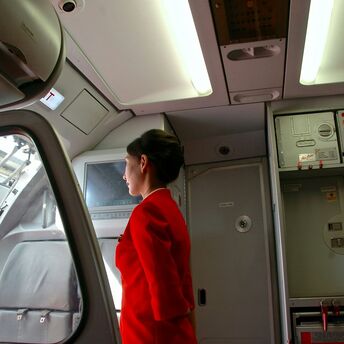United Airlines Blames FAA Staffing Shortages for Newark Disruptions

United Airlines has highlighted a critical shortage of air traffic controllers as the primary cause of widespread travel disruptions at its Newark hub in New Jersey. These staffing issues, affecting one of the nation’s busiest airports, have disrupted over 343,000 United passengers during the first 25 days of November alone.
Impact on Travelers
On 12 out of 25 days in November, the Federal Aviation Administration (FAA) was forced to reduce traffic flows to Newark due to low staffing. This led to significant delays, cancellations, extended taxi times, and longer flights. On November 15 alone, staffing shortages resulted in canceled flights affecting 1,880 passengers, while gate and other delays disrupted over 24,500 additional travelers.
United stressed the urgency of rebuilding FAA staffing levels, especially during high-demand periods like the Thanksgiving holiday, to ensure reliable and efficient air travel.
FAA’s Response and Broader Challenges
The FAA acknowledged the staffing challenges in Newark, describing them as a decades-long issue. In response, the agency recently transferred 17 controllers from New York's Terminal Radar Approach Control (TRACON) to Philadelphia to ease pressure in the region. FAA Administrator Mike Whitaker said this move helped reduce delays by balancing workloads, but broader shortages remain a concern.
The FAA is currently about 3,000 controllers short of its staffing targets. Despite efforts to recruit and train more personnel, the agency reported a stagnant workforce of 10,700 certified controllers over the past year. This shortage has led to routine six-day workweeks for controllers and slower traffic handling in the New York area.
Broader Implications
United’s warning comes amid increasing scrutiny of aviation safety and operational strain in the U.S. A series of near-miss incidents at major airports has prompted the FAA to launch an audit into runway risks at the nation’s 45 busiest airports. The agency has also extended minimum flight requirement cuts at congested New York-area airports through October 2025 to manage traffic safely.
The situation at Newark underscores the pressing need for sustained investment in FAA staffing to support growing air travel demand and maintain safety across U.S. skies.



















